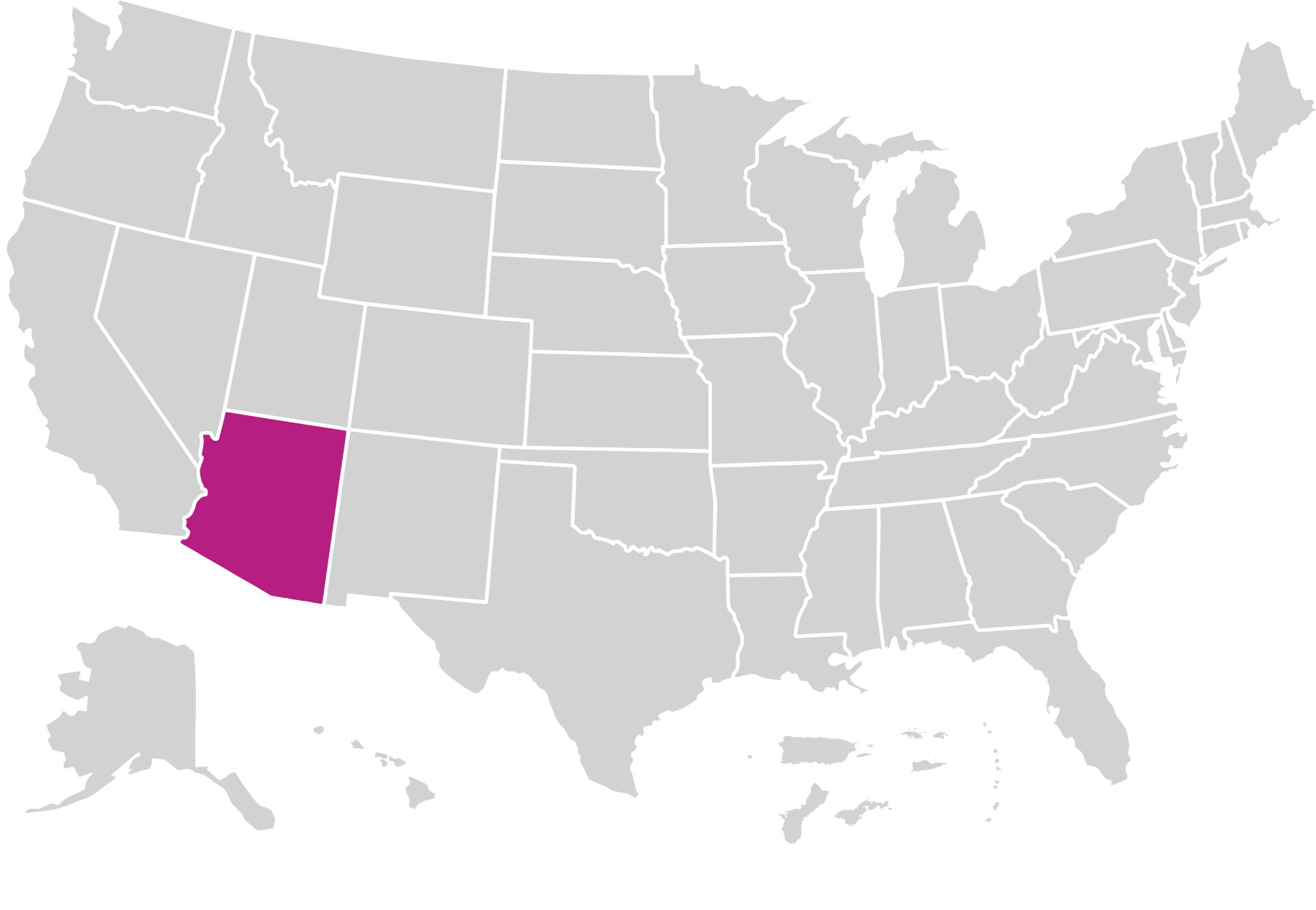Arizona Health Start Program
Arizona Health Start Program provides education, support, and advocacy services to expectant caregivers and families of young children. The model’s main goals are to increase prenatal services; reduce the incidence of low birthweight children; increase the number of children receiving age-appropriate immunizations by age 2; and educate families on the importance of good nutritional habits, developmental assessments, and preventive healthcare.
What is the model’s approach to providing home visiting services?
Home visits take place at least once per month. Families with higher needs may receive up to four visits per month. Services are provided prenatally until the child is 2 years old. Arizona Health Start Program recommends families initiate services prenatally, though families may enroll at any point before the child turns 2 years old.
Arizona Health Start Program’s service population includes the following:
- Expectant caregivers
- Families with a history of child abuse or neglect/involvement with child welfare system
- Caregivers experiencing a high-risk pregnancy
- Caregivers with previous or current chronic conditions
Who is implementing the model?
Home Visitors
The model requires a high school diploma or equivalent for home visitors; it recommends an educational background in maternal child health and early childhood development and completion of the Community Health Worker Core Competency Training. The maximum caseload requirement for home visitors is 40 families.
Supervisors
The model requires supervisors to have experience in early education, home visiting, child health and/or development, and in staff supervision and working with children and families. The model recommends at least a bachelor’s degree for supervisors.
Where is the model implemented?
Arizona Health Start Program operated in 1 state in 2022.

Families Served Through Home Visiting in 2022
Race
13% American Indian Alaska Native
2% Asian
2% Black
* Native Hawaiian Pacific Islander
78% White
5% Multiple
Caregiver age
19% ≤21 years
39% 22-29 years
41% 30-44 years
<1% ≥45 years
Caregiver education
27% No HS diploma
38% HS diploma or GED
27% Some college or training
8% Bachelor's degree or higher
Ethnicity
66% Hispanic or Latino
34% Not Hispanic or Latino
Household income
84% Low-income status
16% Not low-income status
Primary language
58% English
40% Spanish
2% Another language
Child insurance status
87% Public
10% Private
3% None
Child age
70% <1 year
30% 1-2 years
0% 3-5 years
